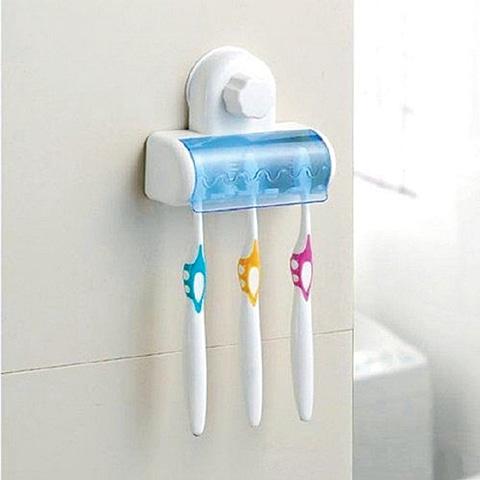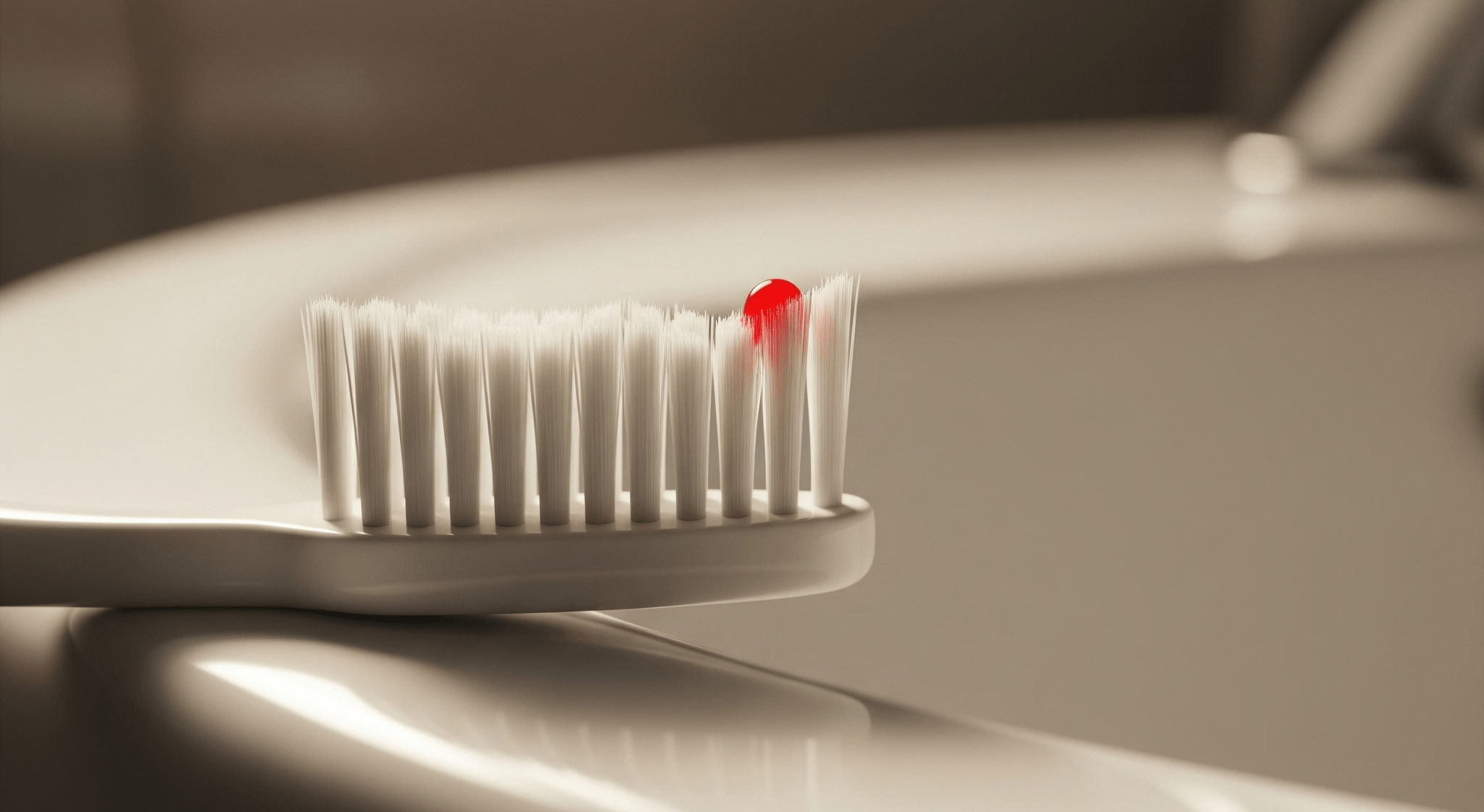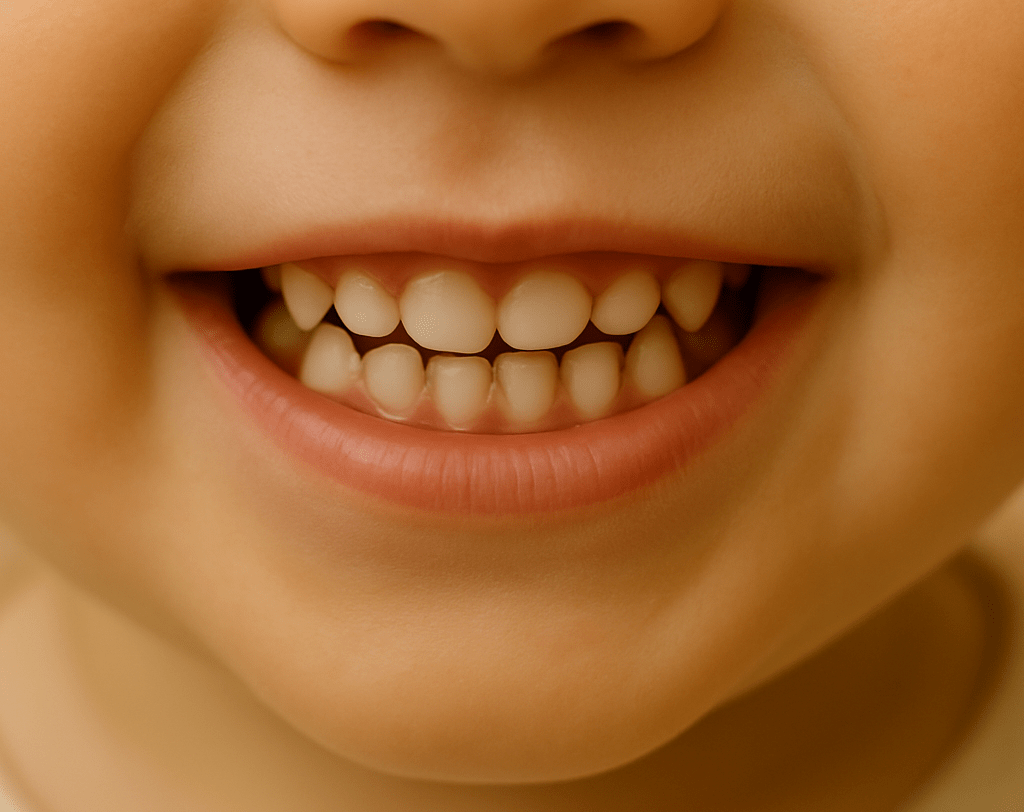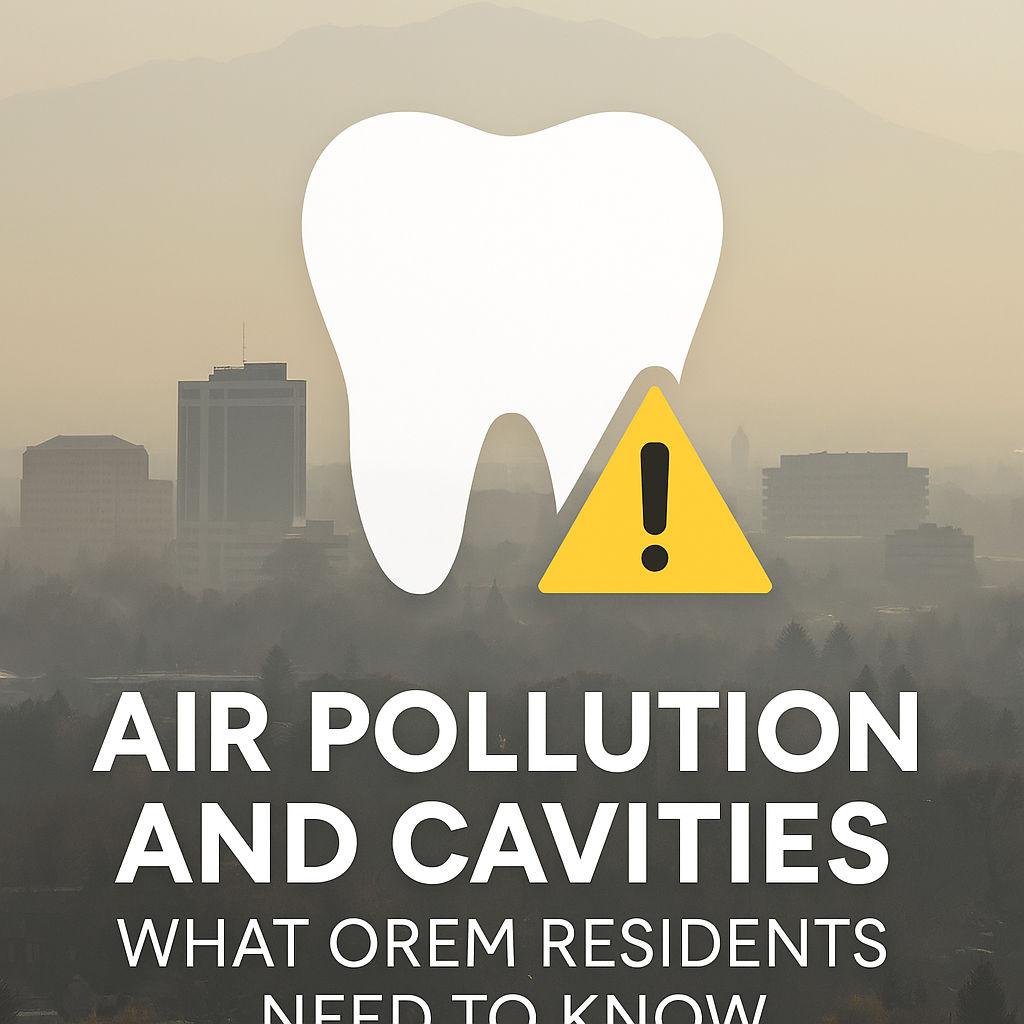Blog Highlights
- Keeping your toothbrush clean and in good working order can also help support a healthy smile
- Do not share toothbrushes
- Get into the habit of rinsing your toothbrush with water before and after every use
We all know that brushing and flossing your teeth regularly is important for maintaining optimal oral hygiene. However, keeping your toothbrush clean and in good working order can also help support a healthy smile. People often don’t realize how much bacteria and microorganisms a toothbrush can pick up, but it’s something you should start to think about.
There are several things you can do to take care of your toothbrush:
Do not share toothbrushes. By sharing a toothbrush you expose the other person to bacteria and bodily fluids that could put that person at risk. To avoid infections and the spreading of sickness, it’s best for everyone to use their own toothbrush.
Get into the habit of rinsing your toothbrush with water before and after every use. By rinsing your toothbrush, you wash away any extra debris or toothpaste that could stay on your toothbrush and cause harm.
We recommend storing your toothbrush upright in a dry place away from other toothbrushes to minimize chances of cross-contamination. It’s best if you don’t cover your toothbrush or store it in a closed container for long periods of time. A closed container environment encourages the growth of bacteria and microorganisms.
You should replace your toothbrush at least every three months. If you notice the bristles have become frayed, then replace it sooner. Keep in mind that children’s toothbrushes will likely need to be replaced more often as the bristles damage more easily. When replacing your toothbrush, check for a seal by the American Dental Association (ADA). This seal promises a high-quality and scientifically-tested toothbrush.
If you suffer from a compromised immune system or know that you have low resistance to infections and sicknesses, you should consider replacing your toothbrush more often. We also recommend soaking your toothbrush in an antibacterial mouth rinse before brushing.
Taking proper care of your toothbrush is one of the many steps you can take to support a healthy, clean mouth. Ask your dentist for other tips and advice regarding practices and habits for the best dental results.





